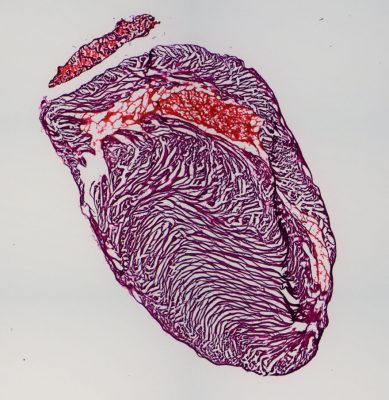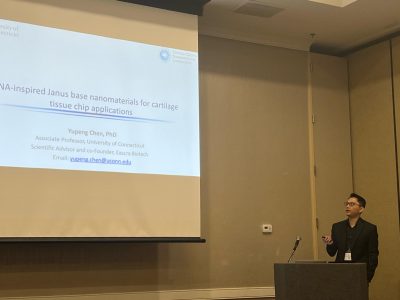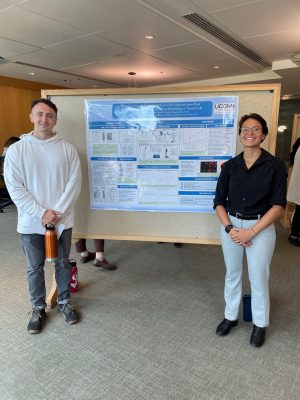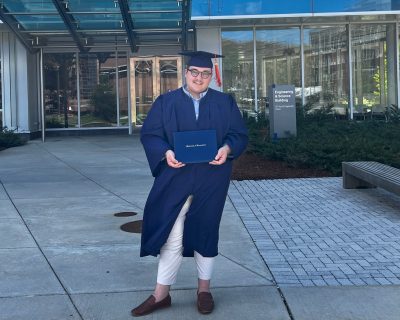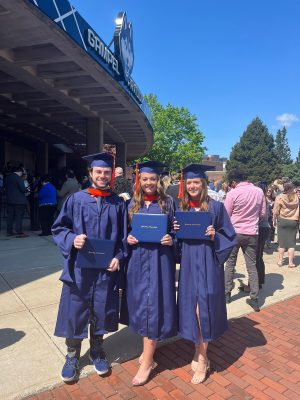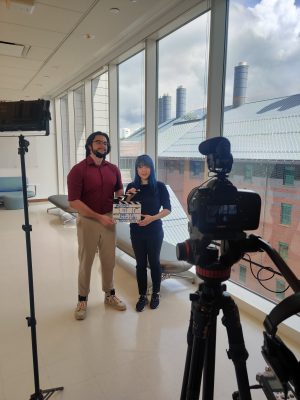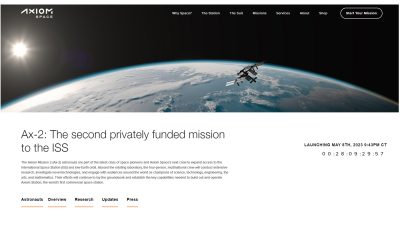
As you all know, our science (JBN materials) is heading to space in the AX-2 mission. How exciting is that? AX-2 is coming up real soon and we are looking forward to it.
AX-1 was Axiom Space’s first human spaceflight mission in the first-ever all-private astronaut mission (PAM), with over 200 lessons learned. On the other hand, AX-2 is a private astronaut mission, after the successful AX-1 mission to the ISS last year. AX-2 is a commercial mission comprising private astronauts and astronauts representing foreign governments. The vehicle for this mission is FREEDOM (named by CREW-4 who flew this Dragon vehicle to the ISS last year, days after the AX-1 mission returned. SpaceX is launching this mission on behalf of Axiom Space which is committed to having low earth orbit (LEO) accessible to everyone. Their mission is to safely launch AX-2 and safely return the astronauts 10 days later, the duration of the AX-2 mission. Currently, the astronauts are working on testing the spacesuits (link) and have worked on zero-G training to simulate flight, and centrifugation to simulate entry and launch scape. They have also done the HERA experience at the Johnson Space Center, where they were working in a confined arrangement and worked for 5 days.
The AX-2 is expected to launch in May taking up a total of 37 hours of flight, docking onto the ISS 2 days later. AX-2 has a little over 20 research, and over 130 hours of national lab science, they would do on board.
Back to our science, essentially, we are going to observe the formation of JBN materials in space! JBN as we know it, is stable at room temperature, has low toxicity, and has high biocompatibility. However, the fabrication of JBN products is far from perfect, and therefore, we are bringing it to the next level! Thanks to Axiom Space and NASA, we were given the opportunity to test the fabrication of our JBN product in space! The lack of microgravity may present an advantage for JBN fabrication which could be a promising start to support remote production for a variety of therapeutic products using JBN materials.
In this AX-2 mission, we will be sending two JBN products, JBNt, and proteins up to the ISS, then JBNm (and JBNt) will be fabricated in space by the astronauts in AX-2! The JBN assembly will be monitored in orbit and in real-time! Ground control will be performed either asynchronously or in parallel to mimic the experimental condition in microgravity, then the comparison will be done on both Flight and Ground samples!
An interview with Commander Peggy Whitson mentioned she is most looking forward to performing our science! She said that it will be most beneficial if we could realize the use of Nanotherapeutics for cartilage repair. Commander Peggy Whitson, and the crew (John Shoffner – Ax-2 Pilot, Ali Alqarni – Ax-2 Mission Specialist and Rayyanah Barnawi – Ax-2 Mission Specialist) will be doing the science and we will be watching in our lab (possibly in the wee hours of the day)
We are looking forward to the commercialization of space, one of the first steps taken by Axiom Space.
